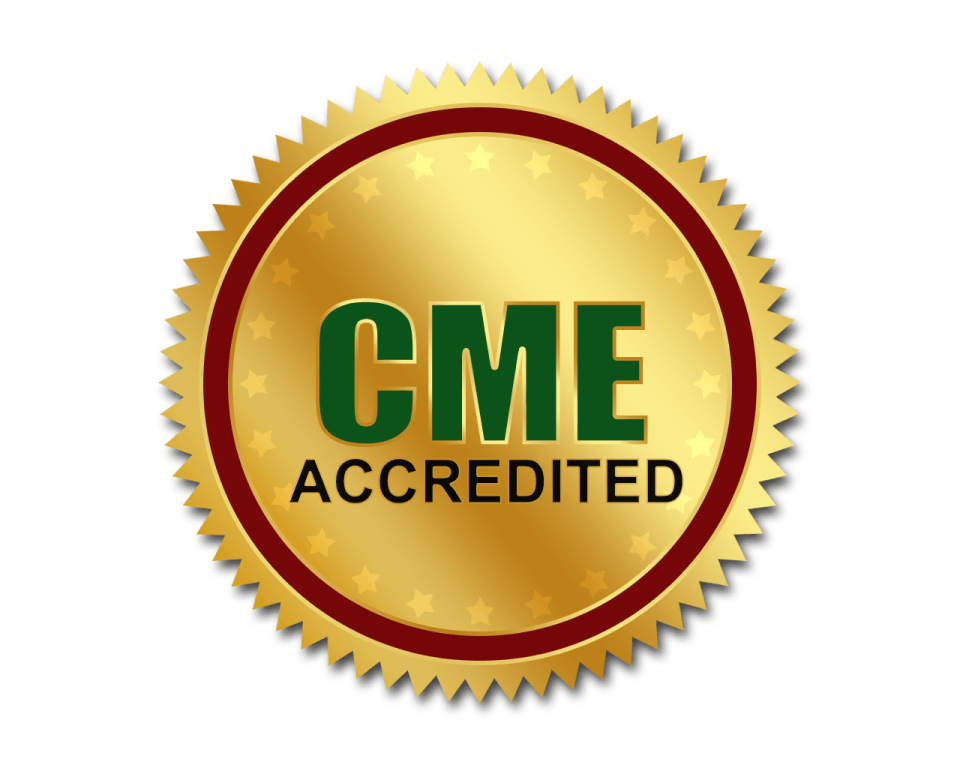
Bilkis Vissandjee
University of Montreal, Canada
Title: Diabetes type 2 among recent immigrants in Canada: the complex endeavor towards building inclusive and collaborative bridges
Biography
Biography: Bilkis Vissandjee
Abstract
Diabetes affects 7.6% of the Canadian population, of which over 90% constitutes type 2 diabetes mellitus (T2DM). Results from linked administrative health and immigration records in selected provinces in Canada indicate that recent immigrants experienced higher odds of developing T2DM. The increased risk of T2DM among recent immigrants is attributed to multiple and interconnected factors including genetic predisposition, low income, nutritional transition, acculturative stress, social isolation, limited physical and health care services which are not linguistically and culturally sensitive. Recent immigrants are also more likely to develop complications associated with T2DM such as arthrosclerosis and renal failure. Reducing the illness complications and economic burden of T2DM requires effective self-management practices. Diabetes self-management practices include physical activity, smoking cessation, the consumption of a healthy diet, regular foot care and glycemic checks. Recent meta-analyses have clearly demonstrated the value of self-management yet no consistent pattern has been evidenced across a number of outcome variables based on strategies used to deliver sustained education. Strategies involving interactions with healthcare providers, either face-to-face or by phone have been demonstrated to produce larger effect sizes than other strategies. The proposed case study aims to demonstrate that sustained education combined with specific behavioral change strategies by advanced practice nurses based in a community organization would lead to the greatest benefits. Sessions are provided within the ‘familiar’ environment where migrant women and men are more likely to be seeking general information including legal and health issues. Behavior change and improvements in self-management are not self-sustaining; initial benefits may fade by the time of follow-up. In addition, the lifelong and progressive nature of T2DM require ongoing effective self-management interventions and follow ups. Our previous work has identified structural impediments in putting in place sustainable partnership between tertiary, primary health care settings and community-based outreach organizations. Yet, it is well documented that effective partnerships can overcome health inequities by building greater collaboration across health and social sectors on enhanced and tangible interventions as well as political advocacy. Our arguments are grounded on an ethical commitment: that such collaborative approach in the prevention and management of T2DM is carried out ethically and offers the prospect of raising the standard of health for everyone.

